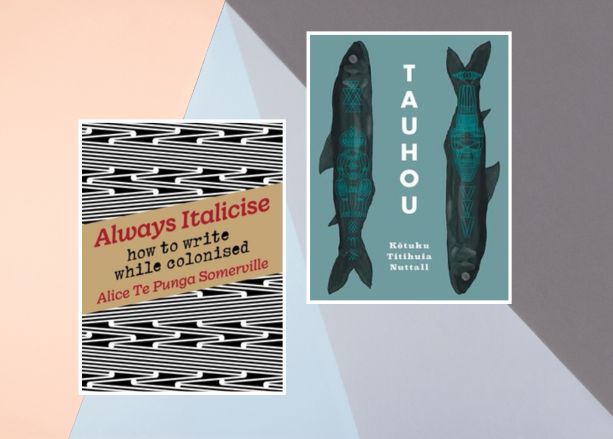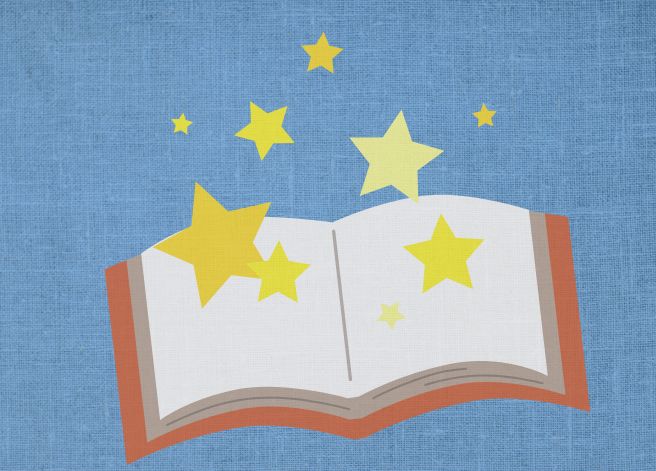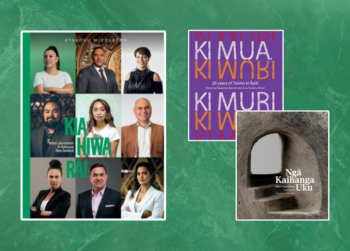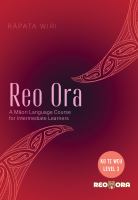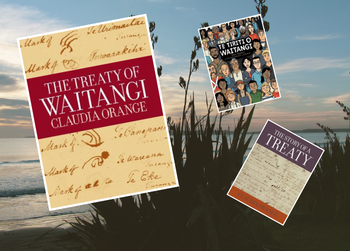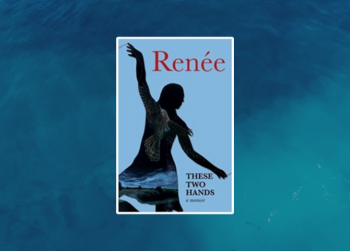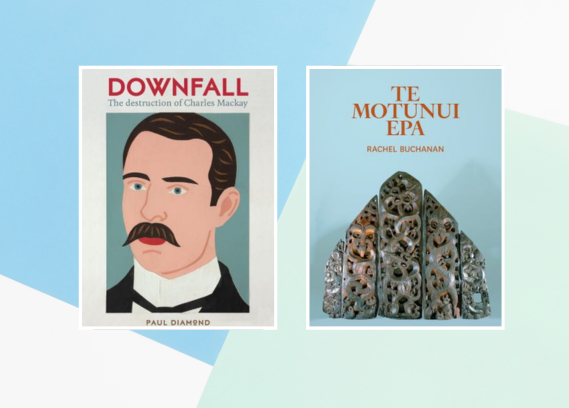Māori Literature Trust has embarked on a Project of 100 Kaituhi Māori, and has recently highlighted two gifted Te Āti Awa writers.
Read Maori Literature Trust’s author spotlight on Alice Te Punga Somerville here, and a bibliography of her writing here, via komako.org.nz. Below are the pukapuka by Alice that we have in our libraries:
 Once were Pacific : Māori connections to Oceania / Te Punga Somerville, Alice
Once were Pacific : Māori connections to Oceania / Te Punga Somerville, Alice
“Native identity is usually associated with a particular place. But what if that place is the ocean? Once Were Pacific explores this question as it considers how Māori and other Pacific peoples frame their connection to the ocean, to New Zealand, and to each other through various creative works. . In this sustained treatment of the Māori diaspora, Te Punga Somerville provides the first critical analysis of relationships between Indigenous and migrant communities in New Zealand.”–Back cover.” (Adapted from catalogue)
 Two hundred and fifty ways to start an essay about Captain Cook / Te Punga Somerville, Alice
Two hundred and fifty ways to start an essay about Captain Cook / Te Punga Somerville, Alice
“Alice Te Punga Somerville employs her deep research and dark humour to skilfully channel her response to Cook’s global colonial legacy”–Back cover.” (Catalogue)
 Always italicise : how to write while colonised / Te Punga Somerville, Alice
Always italicise : how to write while colonised / Te Punga Somerville, Alice
“‘Always italicise foreign words’, a friend of the author was advised. In her first book of poetry, Māori scholar and poet Alice Te Punga Somerville does just that. In wit and anger, sadness and aroha, she reflects on ‘how to write while colonised’ – how to write in English as a Māori writer; how to trace links between Aotearoa and wider Pacific, Indigenous and colonial worlds; how to be the only Māori person in a workplace; and how – and why – to do the mahi anyway.” – Publisher’s information.” (Catalogue)
Continue reading “100 Kaituhi Māori 2024: Alice Te Punga Somerville and Kōtuku Titihuia Nuttall”


